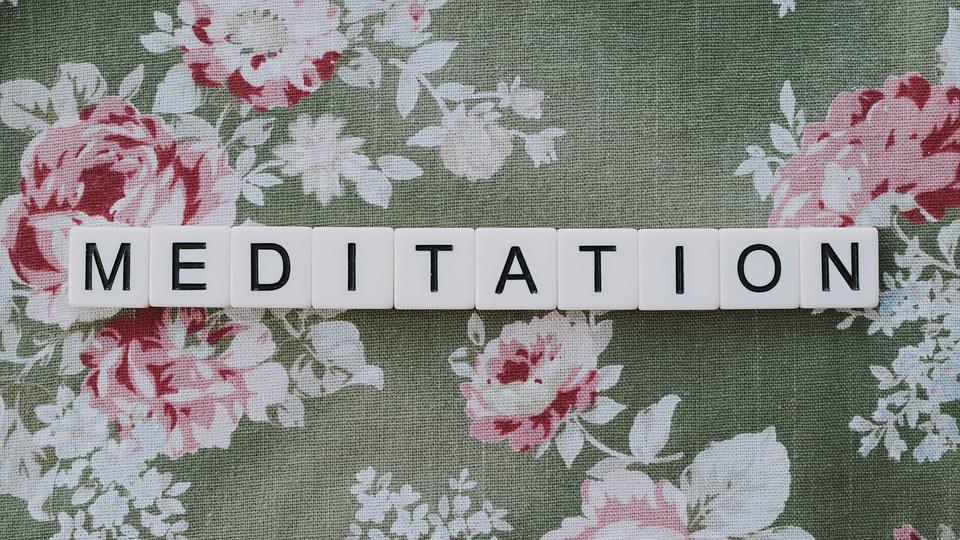Mindful wellness practices can transform your life. They allow you to reconnect with yourself, cultivate awareness, and nurture a sense of balance. In a world filled with distractions, embracing these practices is not just beneficial; it’s essential.
Contents
What Is Mindful Wellness?
Mindful wellness combines the principles of mindfulness with holistic health practices. It’s about being present, tuning into your body, and making choices that promote your overall well-being. This approach emphasizes awareness of your mental, emotional, and physical state, allowing you to live life fully and authentically. It matters because when you’re balanced, you can handle life’s ups and downs with grace. Feeling overwhelmed? Let’s dive into seven mindful wellness practices that can help you restore balance and rejuvenate your spirit.
1. Mindful Breathing
Breathing is the most fundamental act of life, yet we often overlook its power. Mindful breathing can ground you and bring clarity. Here’s how to practice it:
- Find a Comfortable Spot: Sit or lie down in a quiet place.
- Focus on Your Breath: Inhale deeply through your nose, letting your abdomen rise. Exhale slowly through your mouth.
- Count Your Breaths: Inhale for a count of four, hold for four, and exhale for six. Repeat this cycle for five to ten minutes.
The beauty of mindful breathing is its simplicity. It can be done anywhere—at your desk, in traffic, or even waiting for your coffee. Research shows that mindful breathing can reduce stress and anxiety, leading to improved mental health (American Psychological Association).
2. Gratitude Journaling
Practicing gratitude can shift your perspective and elevate your mood. A gratitude journal is a fantastic tool for this. Here’s how to get started:
- Choose Your Medium: Use a notebook, an app, or even a document on your computer.
- Daily Entries: Each day, write down three things you’re grateful for. They can be big or small—like a sunny day or a warm cup of tea.
- Reflect: Take a moment to reflect on why you’re grateful for these things.
Studies have shown that gratitude journaling can increase happiness and life satisfaction, helping to combat negative emotions (Greater Good Science Center). The act of recognizing the positives in your life can foster resilience.
3. Nature Walks
Nature has a unique way of replenishing our souls. Taking mindful walks outdoors can enhance your mental clarity and boost your mood. Here’s how to make the most of your time in nature:
- Choose Your Path: Find a local park or trail. The more natural, the better.
- Engage Your Senses: Notice the colors of the leaves, the sound of birds, and the feel of the breeze.
- Walk Slowly: Allow yourself to be present. Take your time and breathe deeply.
Research indicates that spending time in nature can lower stress levels and improve emotional well-being (National Institutes of Health). Your body and mind will thank you for this.
4. Mindful Eating
Eating shouldn’t just be about fueling your body; it should be an experience. Mindful eating encourages you to savor your meals and listen to your body’s hunger cues. Here’s how to practice it:
- Eliminate Distractions: Turn off the TV and put away your phone.
- Engage Your Senses: Look at your food’s colors, smell the aromas, and savor each bite.
- Listen to Your Body: Pay attention to when you’re full. Stop eating when you feel satisfied, not stuffed.
Mindful eating can improve digestion and foster a healthier relationship with food (Harvard Health). You’ll find joy in every bite.
5. Meditation and Mindfulness Practices
Meditation is a cornerstone of mindful wellness. It’s about training your mind to cultivate awareness and focus. Here’s a simple way to meditate:
- Set a Timer: Start with five minutes and gradually increase as you feel comfortable.
- Get Comfortable: Find a quiet spot, sit down, and close your eyes.
- Focus on Your Breath: Allow thoughts to come and go, returning your focus to your breath whenever you wander off.
Meditation can lower stress, improve concentration, and enhance overall well-being (Mayo Clinic). Incorporate this practice into your daily routine for profound benefits.
6. Creative Expression
Creativity is a powerful channel for emotions. Whether it’s painting, writing, or dancing, expressing yourself can be incredibly liberating. Here’s how to embrace creative expression:
- Choose Your Medium: Pick something that excites you—painting, journaling, or even knitting.
- Set Aside Time: Dedicate a specific time each week for your creative outlet.
- Let Go of Perfection: Remember, it’s about the process, not the product. Allow yourself to create freely.
Engaging in creative activities can reduce stress and enhance your mood (Psychology Today). It’s a form of therapy you can embrace anytime.
7. Acts of Kindness
Kindness not only benefits others; it nourishes your own soul. Simple acts of kindness can create a ripple effect of positivity. Here’s how to incorporate kindness into your daily life:
- Start Small: Compliment a stranger, help a neighbor, or send a thoughtful message to a friend.
- Volunteer: Dedicate time to a cause close to your heart.
- Practice Self-Kindness: Be gentle with yourself. Treat yourself with the same kindness you offer others.
Research shows that performing acts of kindness can boost happiness and foster social connections (Harvard University). You’ll find that kindness creates a sense of belonging and purpose.
Bottom Line
Mindful wellness practices are not just trends; they’re essential tools for cultivating balance in your life. By embracing breathing exercises, gratitude journaling, nature walks, mindful eating, meditation, creative expression, and acts of kindness, you can nurture your body, mind, and spirit.
Take the first step. Choose one practice that resonates with you and integrate it into your daily life. You deserve to feel balanced, joyful, and truly alive.
Frequently Asked Questions
What is the best time to practice mindfulness?
Anytime is a good time! Find moments throughout your day—morning, lunch break, or evening.
Can mindfulness help with anxiety?
Yes, many studies show that mindfulness practices can significantly reduce anxiety levels.
Do I need to meditate for hours?
Not at all! Even a few minutes a day can make a difference.
Embrace these mindful wellness practices and watch your life transform. You have the power to create balance and joy. Let’s start this journey together.
Get Your FREE Natural Health Guide!
Subscribe now and receive our exclusive ebook packed with natural health tips, practical wellness advice, and easy lifestyle changes — delivered straight to your inbox.














